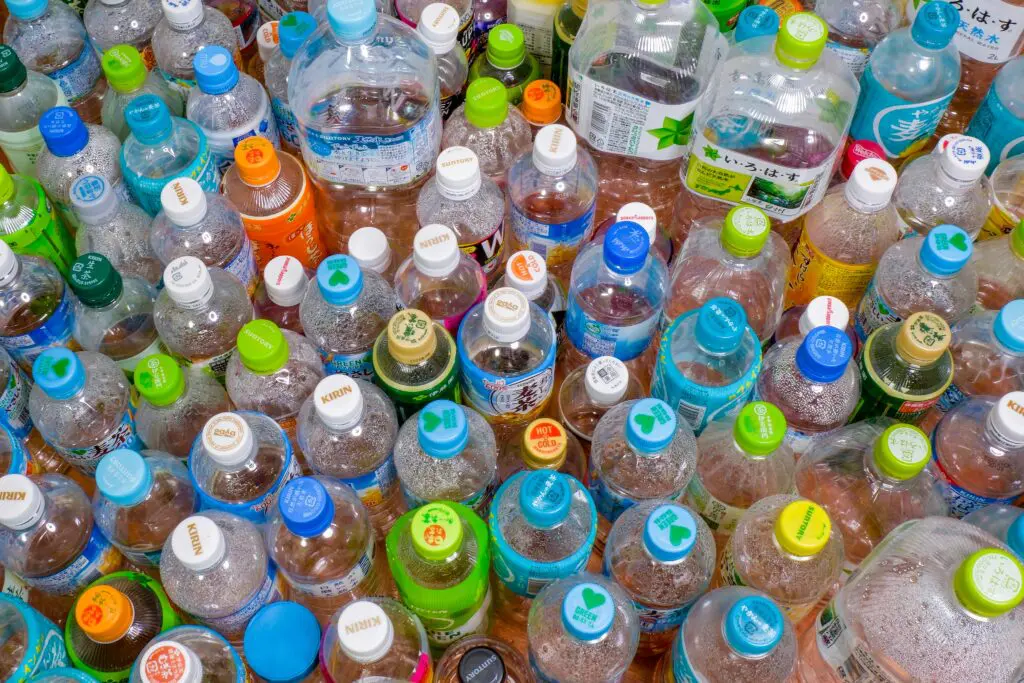The recycled polyethylene terephthalate (rPET) market in Europe is experiencing its least volatile year since before the pandemic, according to a new review, with seasonal demand patterns returning after years of extreme fluctuations.
Despite the brighter position, the mid-year outlook from Matt Tudball, senior editor for recycling at ICIS, says recyclers are still facing weak demand from brands and mounting competition from cheaper imports and virgin PET.
‘Feedstock bale availability increased during the summer as more beverage bottles were consumed and entered the stream, bringing feedstock bale prices down,’ Tudball writes. ‘Demand is also expected to follow pre-Covid seasonal norms as beverage consumption drops along with temperatures across Europe. But this will allow for the stock building of bales, flakes and pellets for the start of the bottling season in 2026.’
Cost-cutting
With PET prices unlikely to rebound for the rest of the year, the ICIS report notes genuine concern among recyclers that more brands will cut back on flake and pellet volumes due to costs. It points out no EU member state has taken action to enforce the mandatory 25% recycled content target in PET beverage bottles which has been in force since 1 January as set out in the Single Use Plastics Directive (SUPD).‘Imports of both flake and food-grade pellet from outside the EU have added more pressure to European producers who are struggling to compete on price due to higher production costs in the EU compared to regions such as north Africa and southeast Asia.
‘Producers outside of Europe are attracted to the EU due to demand and high premiums and are willing to take the time and investment required to ensure compliance with EU regulations. This could pose a significant challenge for Europe, especially considering upcoming changes to the SUPD.’
Imported waste
The report suggests Europe faces the risk of consolidation and the closure of recycling plants as recyclers compete with imports and virgin PET in a very cost-sensitive environment. Separately, the European Commission is expected to allow recyclate made from post-consumer plastic waste from countries outside the EU to count towards the 25% SUPD target. However, ICIS adds, the requirements for using non-EU origin rPET in food-contact applications are complex and unclear, and many see the various texts as open to interpretation, although ultimately the decision will be down to the buyer. ‘If buyers have conducted due diligence and are satisfied with their suppliers’ documentation, then the low prices available from producers outside the EU will continue to be adopted, causing continued concern for many recyclers in Europe.’
Stable H2
On a brighter note, the report saysaccess to better quality feedstocks will increase in the coming months and years as more countries implement deposit return schemes.
Taxation could also be a driver for more rPET demand if countries follow the likes of Spain and the UK in implementing taxes to encourage the use of recycled plastics.
The report concludes: ‘Recyclers may take a small amount of comfort in that, so far, the year has not delivered any unforeseen surprises and shocks, and look ahead to a more stable second half, even though the environment remains challenging overall.’
Don't hesitate to contact us to share your input and ideas. Subscribe to the magazine or (free) newsletter.



